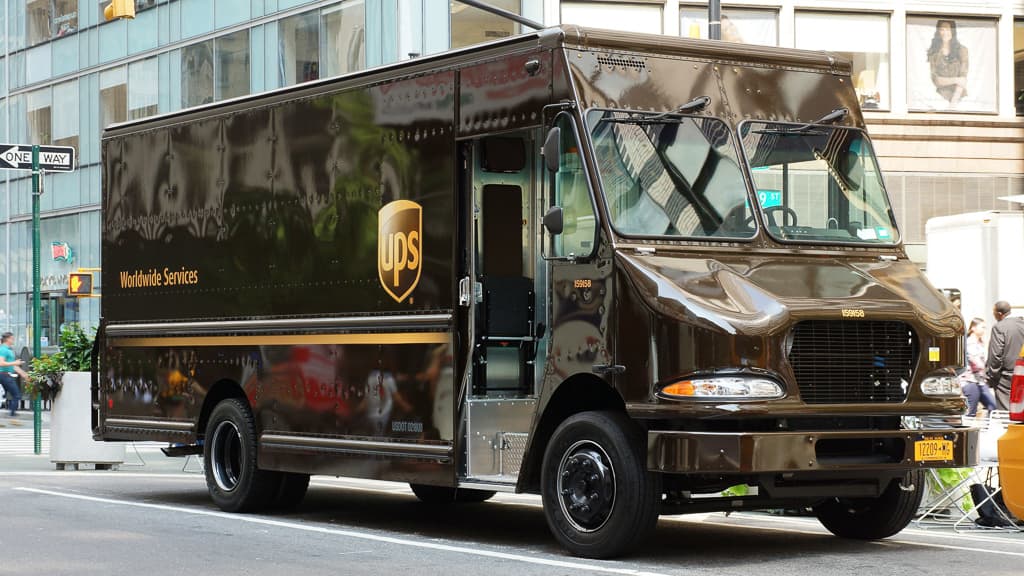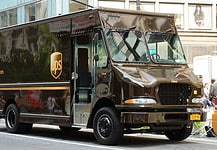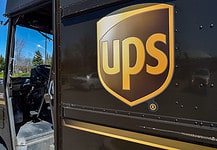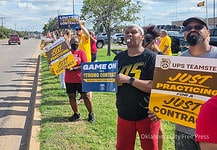Last Updated on June 11, 2023, 10:01 AM | Published: June 11, 2023
OKLAHOMA CITY — Unionized workers at United Parcel Service [UPS] in Oklahoma City are voting on whether to authorize a nationwide strike as contract negotiations with the company have reached an impasse.
UPS workers across the nation are officially represented by the International Brotherhood of Teamsters (IBT) in contract negotiations and day-to-day.
The deadline for the two organizations to reach an agreement is July 31st at midnight, and voting for strike authorization stops on June 15th.
Most UPS workers who aren’t management are a part of the union. Drivers, as well as “hub workers” (workers who work in facilities dealing with packages) are included in the vote.
The workers have a list of demands they want met in order to reach an agreement and avoid a strike.
- Better wages for part-timers.
- Eliminate the two-tier wage system between Regular Package Car Drivers (RCPDs) and 22.4s.
- Better solutions to heat-related illness (air conditioning in package cars, climate control inside hubs).
- Better paid time off earnings.
- Eliminate Personal Vehicle Drivers (PVDs)
- More guaranteed hours for part-timers.
- Better excess overtime protections for drivers.
‘We want to win’
Holly Baca, Package Handler and union member in Teamsters Local 886, told Free Press, “We want to win back all of the concessions that the Hoffa administration gave the company over his presidency in the IBT”.
Baca elaborated on the two-tier wage system between RCPDs and 22.4s. She said, “22.4 is a position, named such because it is in article 22, section 4 of the national master agreement. It’s a second tier of drivers, who are supposed to be ‘combo’ jobs – they were meant to be used part-time in the building, and part-time on the road”.
She continued, “…22.4s got worked just as much, and in many cases more, than RPCDs”.
The problem is RPCDs have certain contractual protections that the 22.4s don’t have. On top of that, 22.4s’ top pay is “several dollars less than RPCDs”.
Company testing workers
Free Press also spoke with Matthew Smith, RPCD and union member of Teamsters Local 886.
Asked why the company has been so resistant to the agreement, he said, “It would cut into their profits. Giving hub workers a wage increase and more full-time opportunities, fitting the trucks with some kind of ventilation or air conditioning, it all costs the company money that they don’t want to spend.”
“They just don’t like setting a precedent of giving concessions to the workers,” he said. “The two-tier driver classification system gives them a group of drivers who they can abuse more. The lower-tier drivers have less protections against abuse, and they make less money. But they do the exact same job, no difference.”
The two-tier system has more effects than just money. According to Smith, it “drives a wedge between drivers, weakens solidarity”.
“I think that was the main point of enacting the two-tier system in the first place”, he concluded.
These negotiations are a national endeavor. There is a “National Master Agreement” which covers up to five regions across the country and can vary slightly from region to region.
Alex Gatley covers labor activities in the state of Oklahoma.










